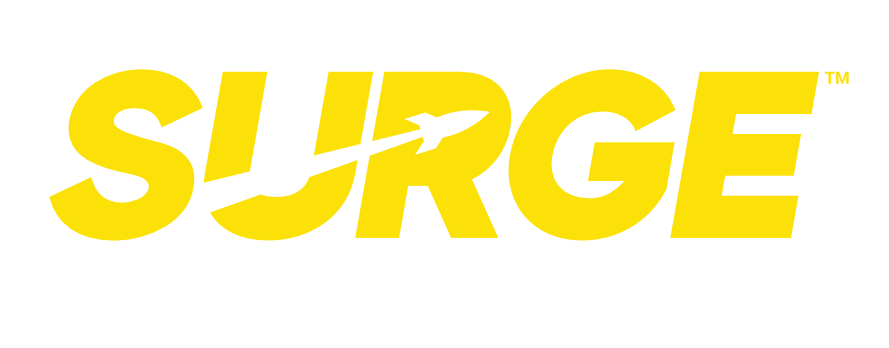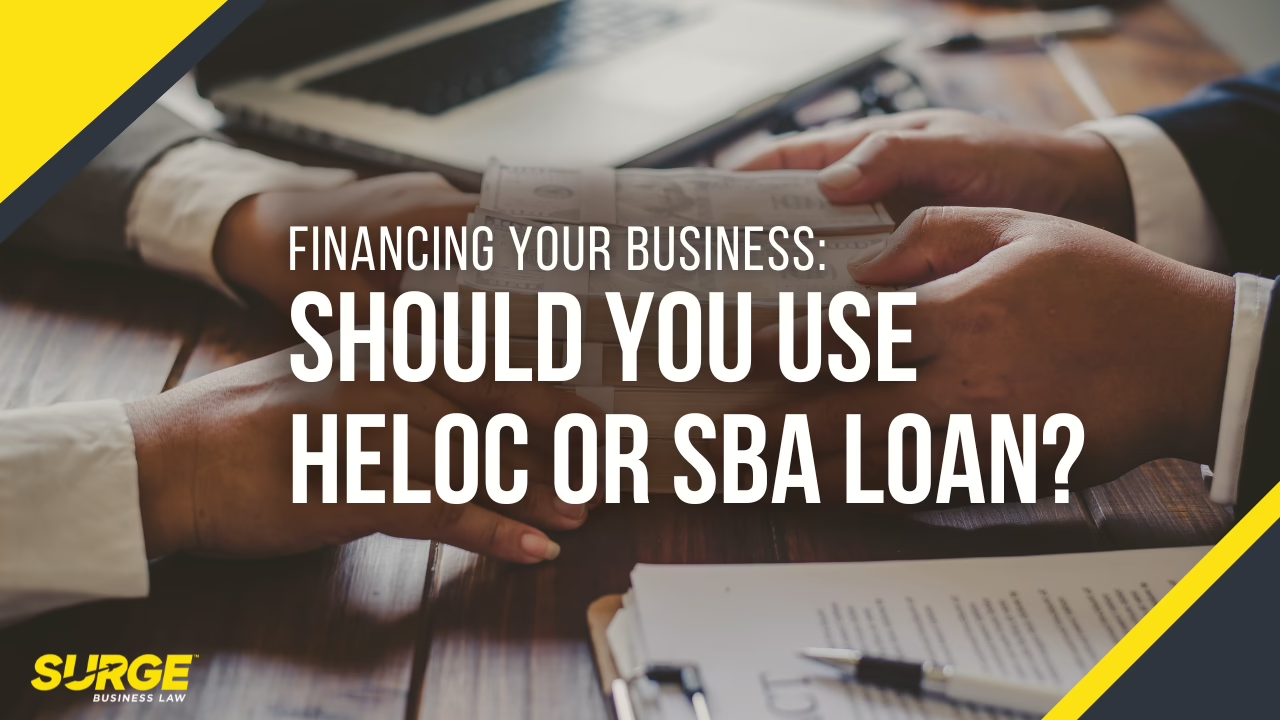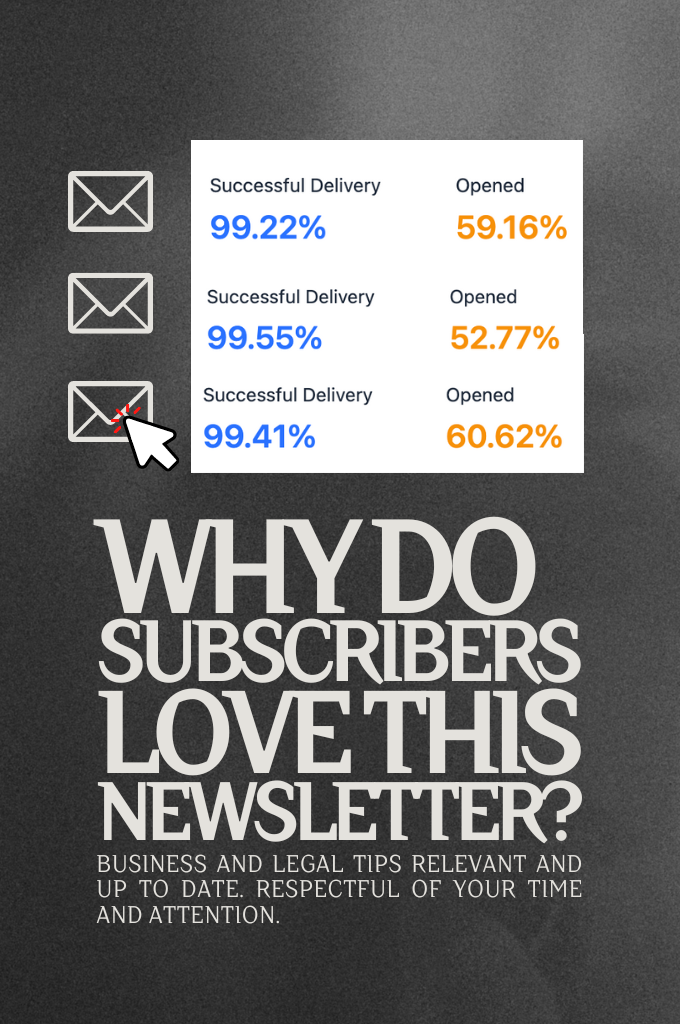Should You Use HELOC or SBA Loan?
Overwhelmed with how to finance your business especially when the choices are few? It can be hard to choose between a home equity line of credit loan (HELOC) or a small business administration loan (SBA).
Between these two, which loan is best for your business needs? To answer the question, it is important to analyze the differences between these two options to help you make an informed choice.
Good Debt vs. Bad Debt: Understanding the Basics
First, you need to understand the concepts of good debt and bad debt:
- Bad Debt occurs when you borrow for expenses that don’t provide lasting value, such as using a credit card for non-essential purchases.
- Good Debt happens when you borrow for revenue-generating assets, like purchasing equipment that produces income.
The distinctions between these two should shape the way you think about business loans. Let’s dive into those now.
What is a HELOC, and How Does It Work?
A Home Equity Line of Credit (HELOC) allows you to borrow money using the equity or value in your home as collateral. This provides a flexible line of credit that can be accessed whenever needed. HELOCs are beneficial for business owners and entrepreneurs who want quick access to funds or the flexibility to borrow varying amounts.
Key HELOC Benefits:
- Fast Approval: HELOCs are one of the quickest ways to secure funding.
- Flexible Borrowing: Draw funds as needed without reapplying.
- Low Interest Rates: Often comes with lower initial rates compared to other loans.
HELOC Risks:
- Collateral Risk: Since your home is at stake, you could lose it if you fail to meet the terms of the loan.
- Variable Rates: HELOCs typically have variable interest rates, which can increase unexpectedly.
HELOCs work well for short-term needs or purchasing assets like equipment or rental properties. However, using them for non-revenue-generating expenses, such as vacations or unnecessary upgrades, is risky. Remember, this is called “bad debt”.
What is an SBA Loan, and Why Is It A Popular Option For Small Businesses?
SBA loans are government-backed loans designed specifically to help small businesses. They offer lower interest rates, extended repayment terms, and often don’t require personal collateral. SBA loans give small businesses structured financing. Because of these perks, SBA loans are a popular choice for many business-minded people..
Key SBA Benefits:
- Long-Term Financing: SBA loans are ideal for funding large investments or business expansions.
- Lower Fixed Rates: The interest rates are generally more favorable and stable.
- No Personal Collateral Required: In many cases, SBA loans don’t require personal assets as collateral.
SBA Challenges:
- Lengthy Approval Process: SBA loans require detailed paperwork and can take weeks or months to approve.
- Stricter Qualifications: Small business owners may need to meet stringent criteria to qualify.
Financial Plans are Integral to Any Business Plan
A solid business plan always includes a detailed financial plan. Why? Because understanding and planning your finances early sets the foundation for long-term success. Whether you’re applying for an SBA loan or exploring other financing options, having clear financial goals and projections shows lenders you’re serious and prepared.
Which Loan is Best for Your Business?
- HELOC: Best for quick access to funds and flexibility in borrowing amounts. Suitable for short-term expenses or emergency funding.
- SBA Loan: Ideal for long-term investments, purchasing real estate, or acquiring another business. Best if you can wait for approval and want predictable payment terms.
Additional Factors to Consider
- Risk Tolerance: HELOCs put your home on the line, whereas SBA loans typically separate personal and business assets.
- Purpose of the Loan: HELOCs are versatile, but SBA loans are structured for specific business needs like expansion or large capital investments.
- Repayment Terms: HELOCs offer more flexibility but may fluctuate with the market, while SBA loans have predictable, fixed payments.
Conclusion
In conclusion, both HELOCs and SBA loans serve different business financing needs. If you prioritize speed and have home equity, a HELOC could be your go-to. But if you prefer structured, long-term financing with low interest, consider an SBA loan. Also, always keep in mind the ideas of good debt and bad debt as you pursue loans and financial direction for your business.
P.S. Before deciding which loan to use, it’s important to evaluate your risk tolerance and business objectives. If you want to know how those affect which loan is best for you, contact us for FREE. We help you strategize for your next business move with advice that is easy to use and understand.



